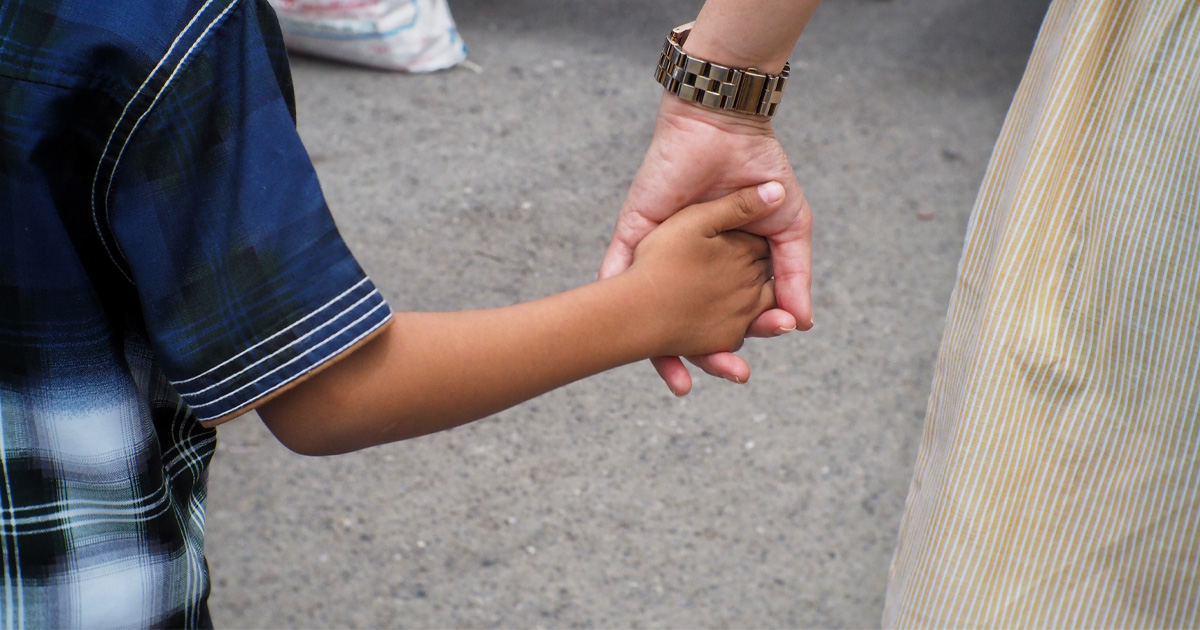In the law, joint custody involves sharing two broad and sometimes complicated parenting essentials: making decisions about your children and dividing their time between you and your ex.
Decision-making is called joint legal custody. Time is called joint physical custody.
“A parent may have joint custody even though the child resides with another parent.”
What is a Joint Custody Order?
Joint custody order. Both parents must make major decisions for the child jointly- i.e., they must agree on the decisions which are made.
In the absence of agreement, regretfully, either parent will have to apply to the court to determine the disputed issues.
The law does not expect divorced parents to share every childrearing decision equally in joint custody, meaning that both parents must consent when three main areas are concerned.
What are the three main areas of major decision-making?
The three main areas of major decision making are:
Medical – This includes decisions on whether the child is to be hospitalized or whether a non-emergency surgical procedure is to be performed on the child.
Education – This involves issues such as school choice, enrichment classes, courses, subjects, whether the child is to attend a particular school trip or outing. Joint custody does not mean that you and your ex need to agree about how and when your child completes the homework. You do not need to agree about how much the child reads instead of playing video games.
Religion -This involves the child’s religious instruction, attendance at holy places of worship, undergoing religious ceremonies, etc.
What does Joint Custody Facilitate?
Joint custody orders facilitate co-parenting so that both parents make decisions in the child’s best interest and Welfare.
Why is a Joint Custody Order in the Child’s Best Interest and Welfare?
The child’s best interest and Welfare should be the paramount foundation of parents as their thought process and not let egos get in the way.
Parents have to carefully navigate the Joint Custody thought process always to be sensitive to each other’s feelings.
The involvement of both parents is likely to remain involved in rearing their child. Parents should present a “united front” in the best interest and Welfare of the child.
Sharing Decisions and Time in Joint Custody
The child’s paramount interest and Welfare should be focused on sharing meaningful, holistic, long-term decisions that will shape the child to be happy and healthy.
“Parents should not sweat the small stuff!”











